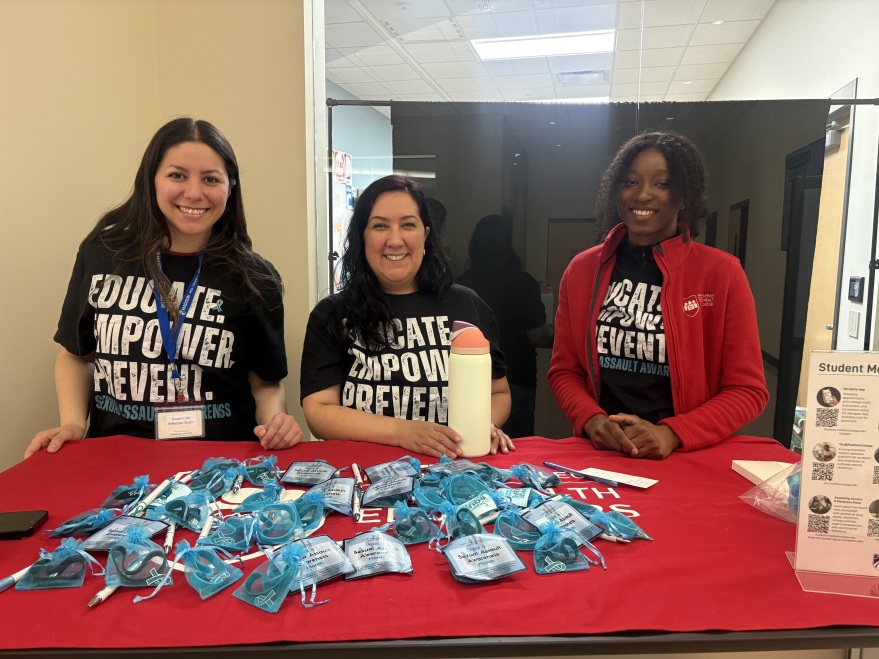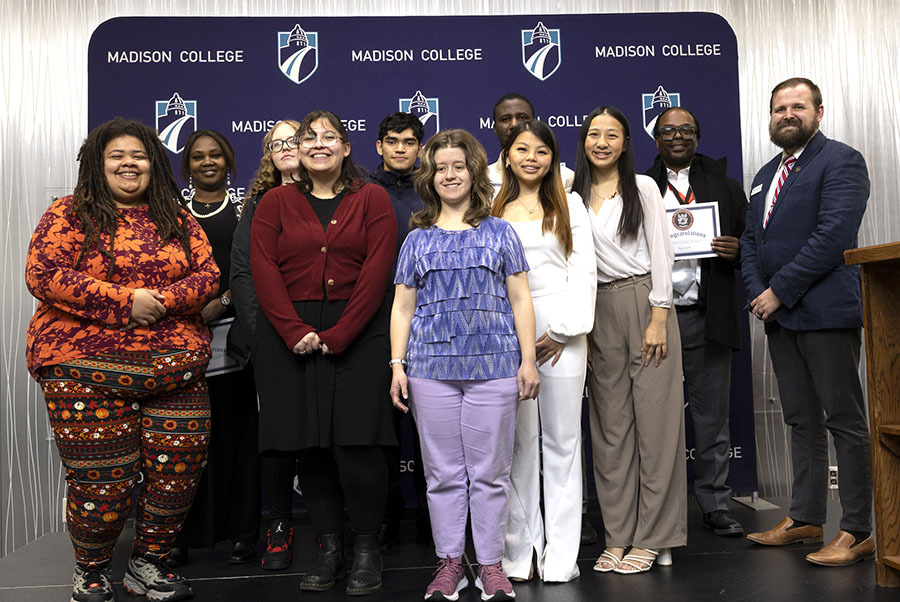A Democrat’s take on the Alabama election
January 16, 2018
On Dec. 12, Doug Jones beat Roy Moore in the Alabama Senate special election race. It was a historic moment for the Democratic party; through Jones, they wrested away a seat that has been held by the Republican party for the last 25 years.
Despite Moore’s cries of voter fraud and solicitations on behalf of an “election integrity fund,” Jones’ certification progressed with no noteworthy setbacks. Various liberal demographics around the country breathed sighs of relief, and Moore’s antics faded into last week’s headlines.
Yet an examination of the exit polls reveals the perils of dismissing these election results as a success for Democratic ideology. Dissection of the poll data shows a state divided. The situation begins to elicit a strong sense of deja vu. The same demographic that played a crucial role in putting Trump in office in 2016 made a reappearance in Alabama’s senate election, with nearly unchanged values, desires, and grievances.
This reappearance isn’t a fluke, but rather an indication of the problem of division that remains unaddressed by both political parties. To better understand this division, let us first gather a clearer picture of the statistically average voter upon whom Moore and Trumps’ campaigns were built.
According to CNN’s exit poll data, 2017 Moore supporters are essentially reincarnations of the 2016 Trump constituents. Both groups are composed of white voters from predominantly rural and suburban areas. Most of these individuals completed high school, and some received partial college education, but few received an actual degree.
The vast majority are religious; specifically, Christian, with an emphasis on Evangelism and born-again ideology. Both demographics tended to consider the allegations of sexual misconduct on the part of their candidates as minor or nonexistent factors in their voting decisions.
Interestingly enough, both groups listed a strong dislike of their candidates’ political opposition as a major catalyst behind their choice: it would seem that aversion, and the desire to oppose a perceived evil, played as strong a role in both elections as any actual attachment to either Republican candidate.
While this clinical portrayal of thousands of voters does little to facilitate genuine communication and mutual understanding, it does serve to highlight the cultural extremes in which folks across the political aisle, so to speak, operate. Reporter Robert Leonard wrote eloquently on the situation in his 2017 New York Times article “Why Rural America Voted for Trump.” To summarize Leonard, small towns drained of resources, commerce, and their young people by cities turn to rhetoric dangling promises of revitalization. These same voters watch in dismay as tax dollars and other economic resources are funneled into repairing relatively minor urban infrastructure issues, while key rural systems fall into disrepair.
On the social mobility front, generational escape from a paycheck-to-paycheck existence becomes increasingly difficult with the rising tuition costs of higher education. Additionally, the preexisting view of colleges as liberal institutions that will subvert traditional values in children from conservative families only exacerbates this alienation.
The article ultimately highlights how disenfranchisement is only solidifying in the populations behind the statistics. With this in mind, to neatly tuck away the 2017 Alabama election as a step back in the “right direction” after a politically tumultuous year is not only naïve, it’s irresponsible- and fails to acknowledge the underlying divisions that corrode our country, and the pains and tribulations that accompany them.
Political parties have tried for years to bridge these divides, with varying levels of relative failure. For the sake of votes, and power, and the perpetuation of their respective ideologies, they will continue to try; but anyone who attempts to close these wounds with the intention of furthering their own ideals has failed in their endeavor before they have even begun.
It is my opinion that individuals from both sides of the aisle would experience the most success by approaching the situation with the mindset of a student: not to adopt foreign convictions, but to understand them.
Odds are, there will be far more common ground than we anticipate, not to mention that familiarity through true conversation humanizes people in a way that viewing them as an extremity of a political party cannot.































